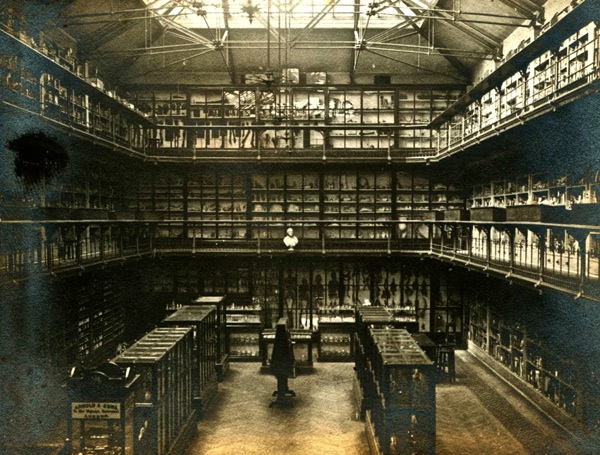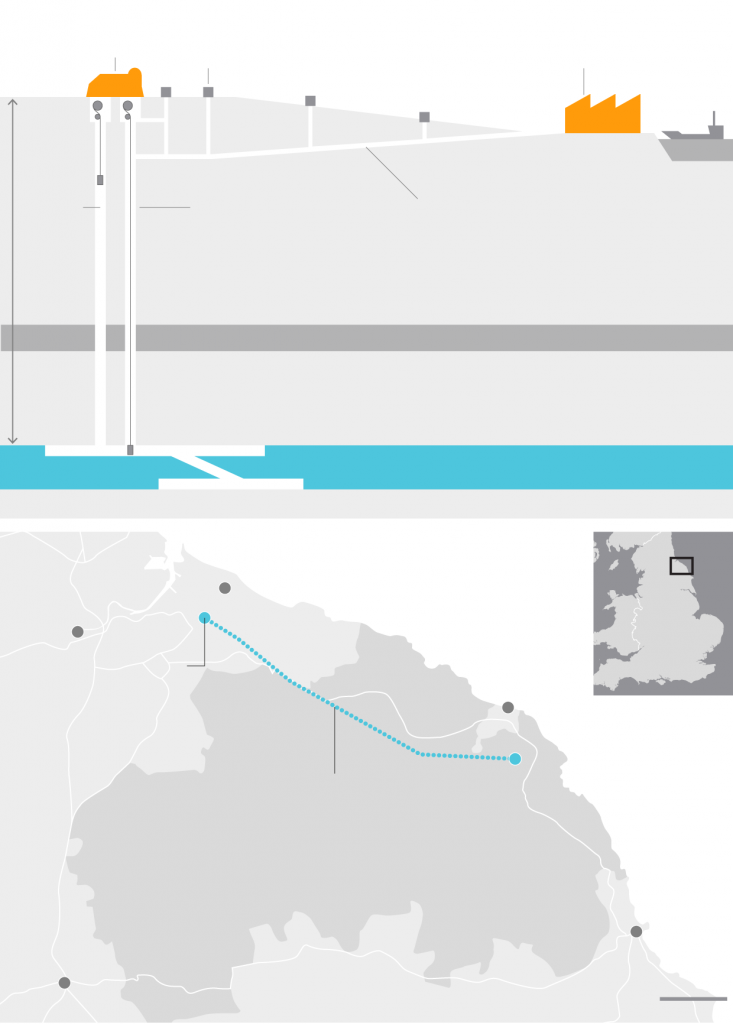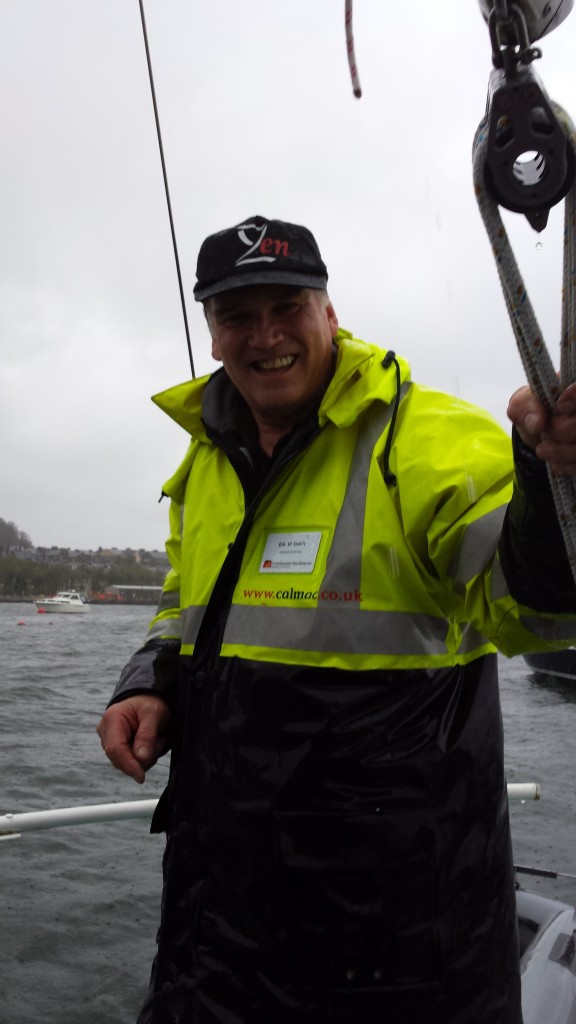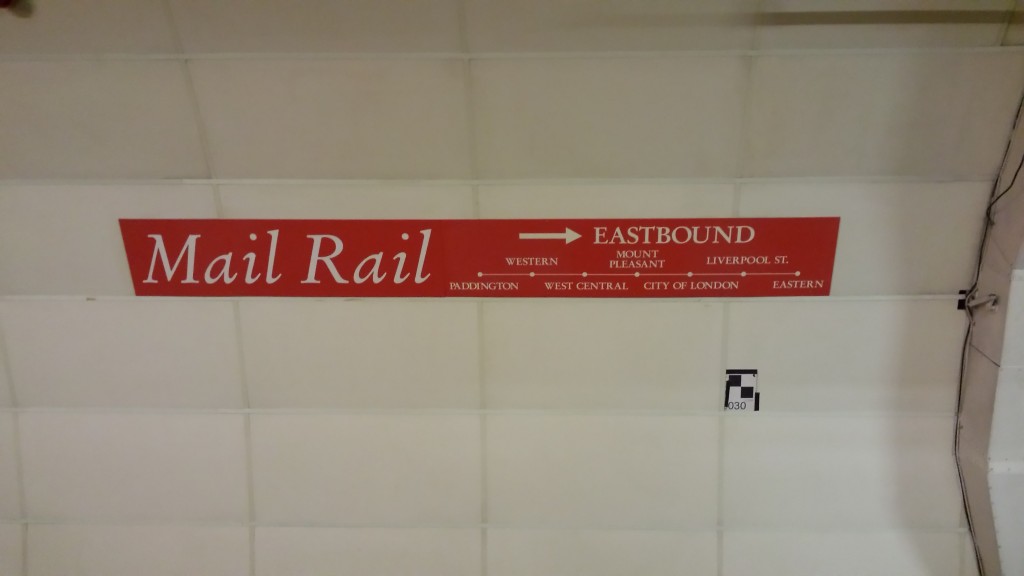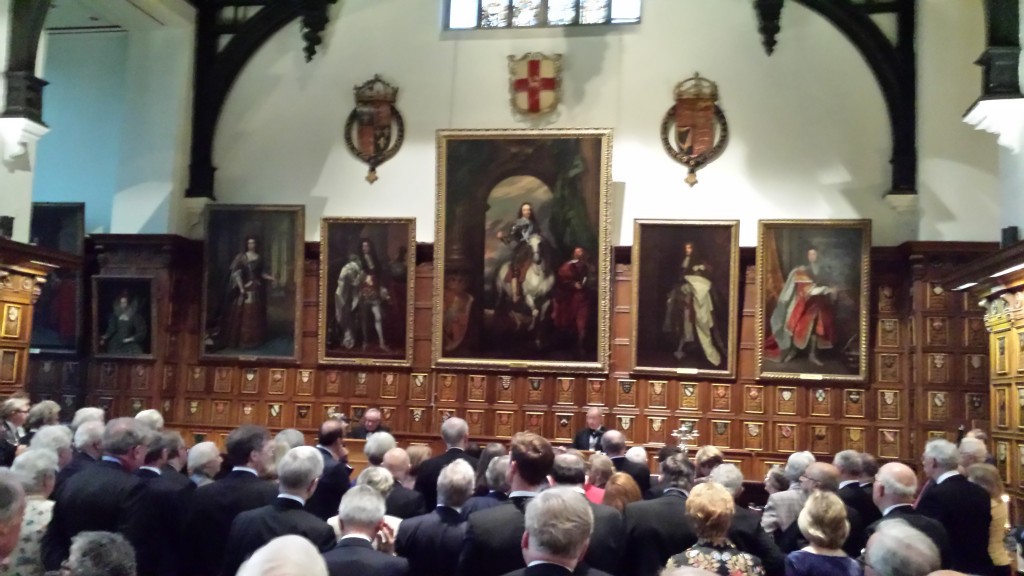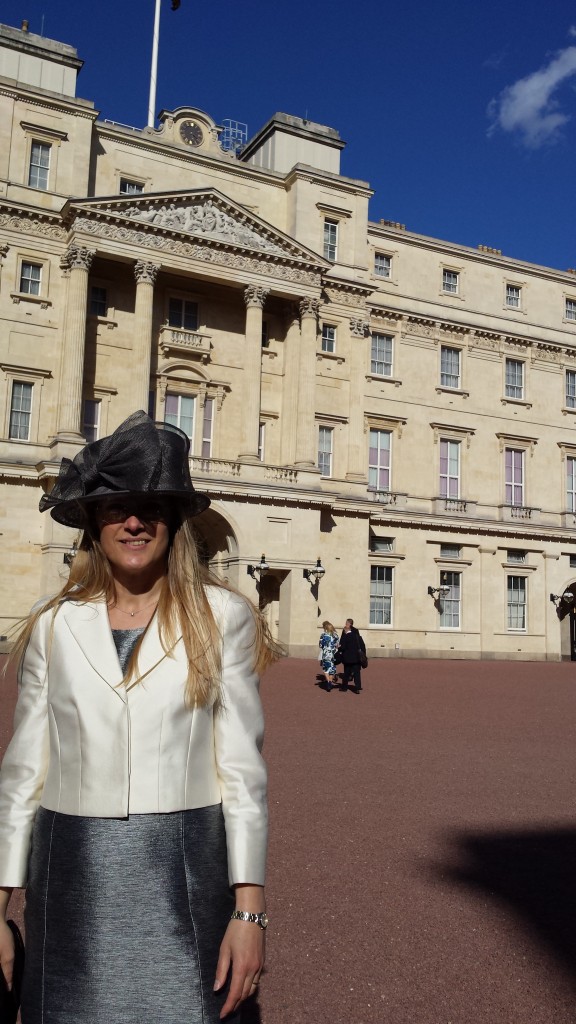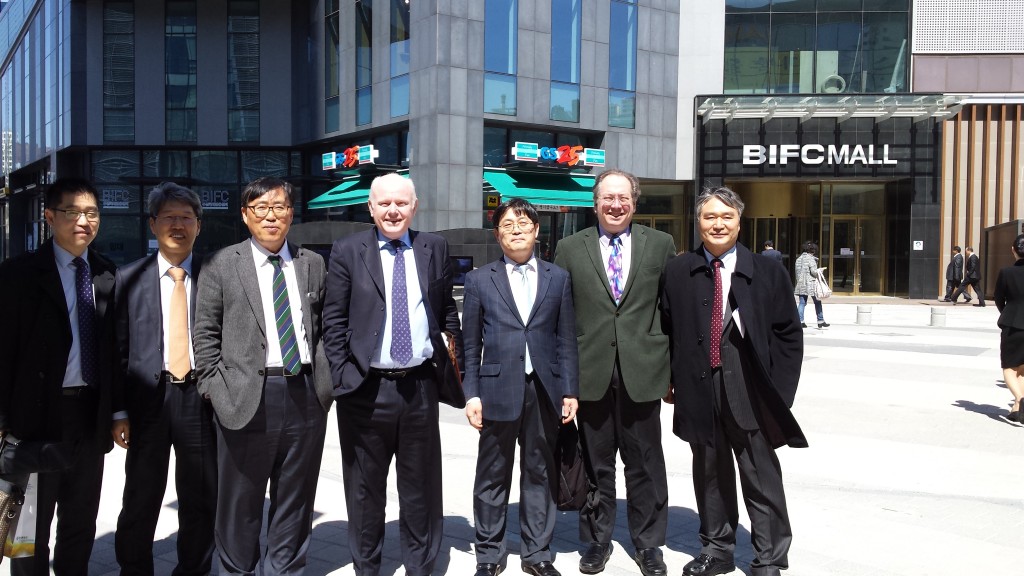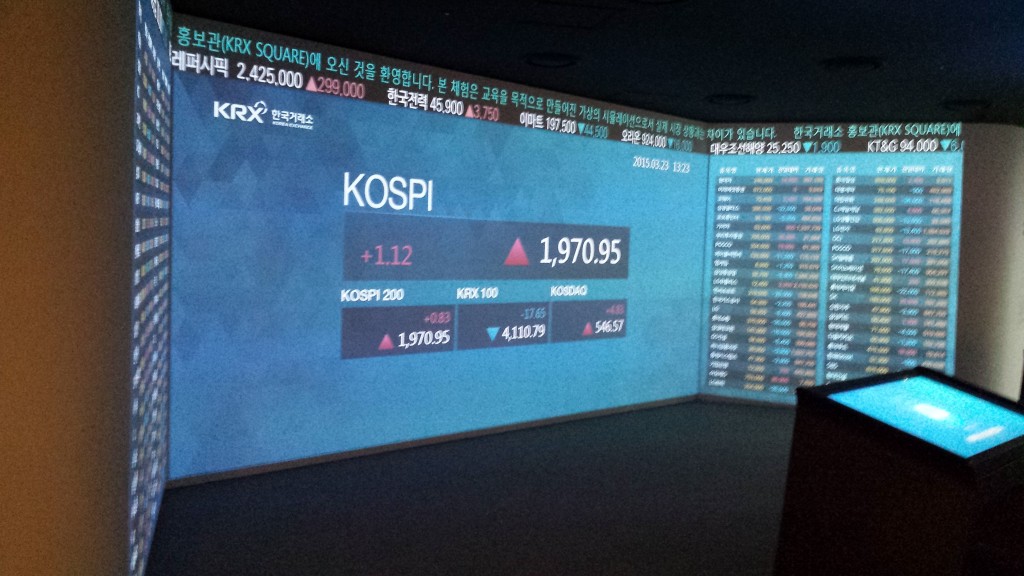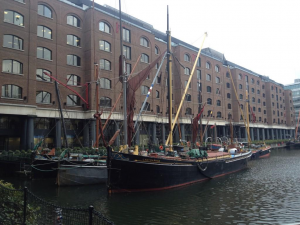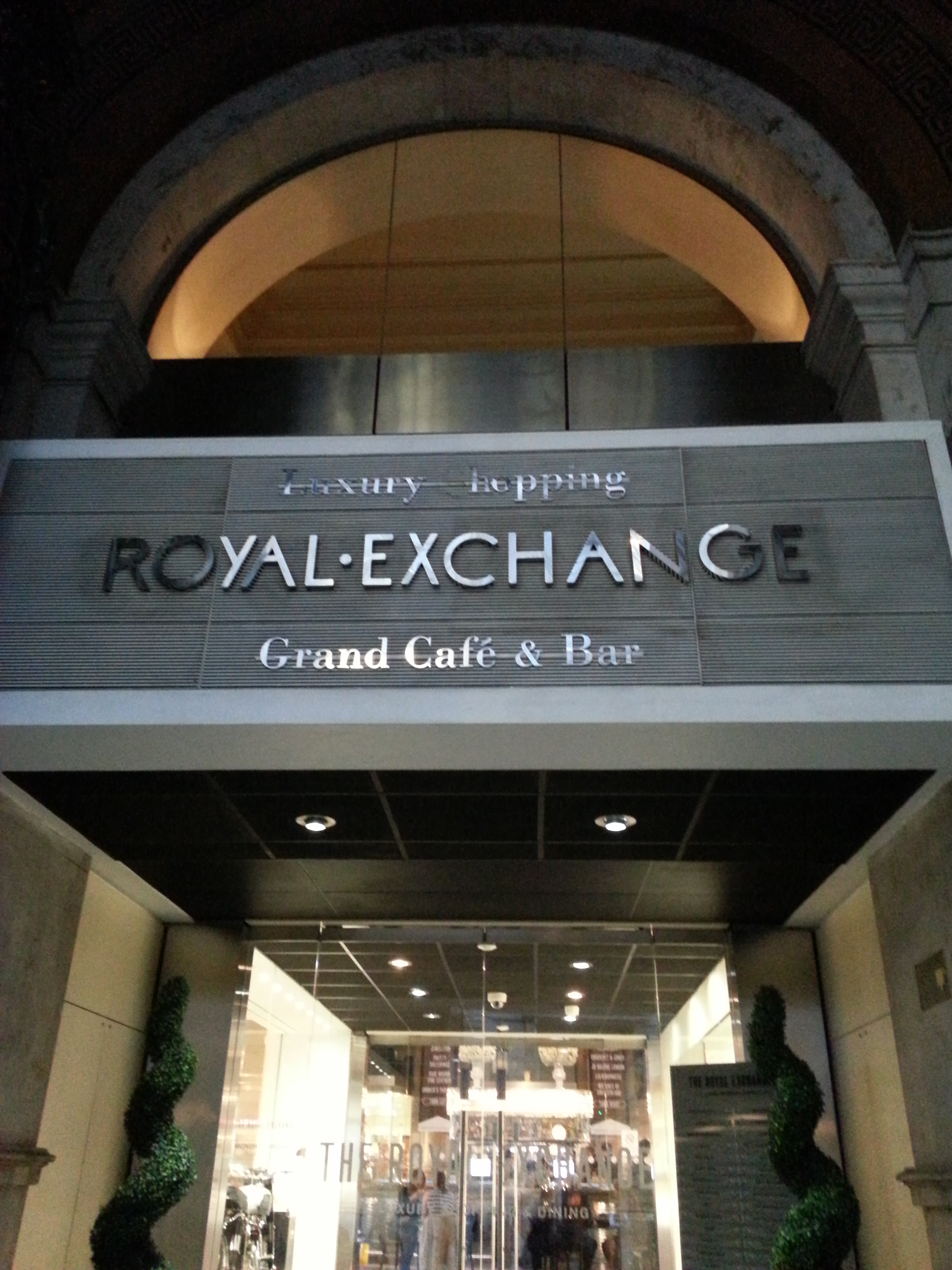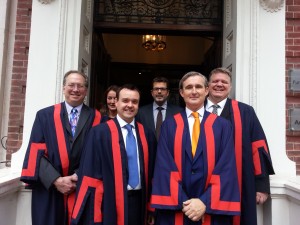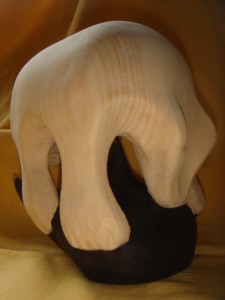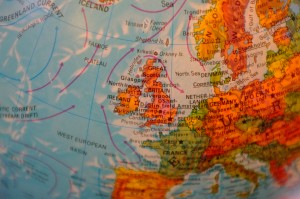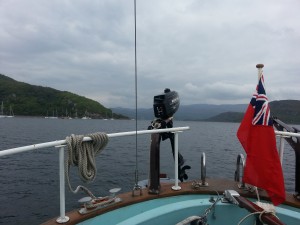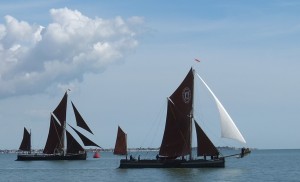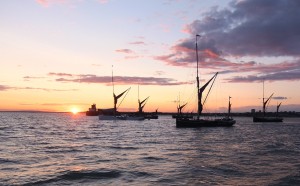One of the more difficult tasks can be substituting at the last moment in a debating team. It happens more than you wish. You haven’t worked on creating the question and always wish it was different. The person for whom you’re substituting is often the one you’d most dispute. This year I was asked to help the CISI and debate the question ‘Do UK savers and investors get a fair deal?’
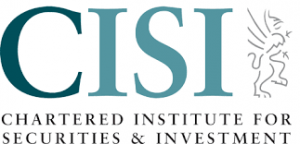 “Whether it’s interest rates offered by banks, charges imposed by intermediaries or fees charged by asset managers, we are constantly assailed by stories suggesting that once again, the unsuspecting public is being taken for a ride. So is it any surprise that so many people are reluctant to save through conventional channels and is there any truth in all or even some of this?”
“Whether it’s interest rates offered by banks, charges imposed by intermediaries or fees charged by asset managers, we are constantly assailed by stories suggesting that once again, the unsuspecting public is being taken for a ride. So is it any surprise that so many people are reluctant to save through conventional channels and is there any truth in all or even some of this?”
In favour of the motion:
Dr Tim May MCSI, CEO, Wealth Management Association (WMA)
The Rt Hon John Redwood MP MCSI
Against the motion:
Will Hutton, Author and Financial Commentator
Alderman Professor Michael Mainelli, Chartered FCSI, Executive Chairman, Z/Yen
Will was great to work with and I have a lot of respect for Tim and John. In the event, Will and I technically won, but Tim and John actually won, having moved more of the audience to their side. John did some excellent pandering to the audience – “these guys are pessimistic; be optimistic; be selfish; congratulate yourselves”. The pandering was decidedly effective. Probably tells you something about those of us who work in finance. The event was moderated by Stephanie Flanders, Chief Market Strategist, JP Morgan Asset Management and Former BBC Economics Editor. She’s also speaking at our Gresham College January Magna Carta Uncovered event. Anyway, here were my opening remarks:
CISI Integrity Debate 2014
Wednesday, 24 September 2014
Plaisterers’ Hall, London
“Do UK Savers And Investors Get A Fair Deal?”
Fellow Aldermen, Distinguished Guests, Ladies and Gentlemen. Tonight I have the distasteful job of biting the hand that feeds me. I must be risking madness because I agree with the Chief Vampire Squid at Goldman Sachs that financial services has the ability to do God’s work. Paraphrasing last week’s St Matthew’s Day sermon, “If love of money is the root of all evil, then the study of money must be the source of much madness.”
In 2005 our Long Finance movement asked “when would we know our financial system is working?” At our 2011 conference on bubbles John Redwood pointed out there that he could show you an economy with no bubbles, North Korea. He’s correct, we don’t want to occupy a bubble-free, scandal-free economy. Yet financial services bubbles and scandals seem to lose our economy at least seven years of growth every generation. We can improve, massively.
Folks in the agrarian countryside, somewhere outside the Circle Line, know the City is the Devil’s inherently unfair machine designed to relieve naïve bumpkins of their money. Kicking off with the 1698 Darien Disaster that determined last week’s referendum, we move swiftly to the South Sea Bubble, and railway shares. In the 1970s we sell the bumpkins Rolls Razor, Bank of Gibraltar, and BCCI. In the 1980s we hawk endowment mortgages, Barlow Clowes, Equitable Life, and Lloyd’s names.
In the 1990s I penned a piece, “How I Learned To Start Worrying And Love The Dot.Bomb.” Castigated for my negativity and browbeaten to chant that “under our new unified FSA there will be no problems”, we opened the millennium with the the supposedly 1-in-300 year onslaught of Waste Management, Enron, Global Crossing, Worldcom, Sunbeam, Dynegy, Nicor, and Halliburton. The authorities sacrificed Arthur Andersen and shored up the remaining four audit firms who managed on their own to produce Adelphia, Freddie Mac, Duke Energy, Kmart, Homestore.com, HealthSouth, ImClone, Nortel and AIG round one.
And then after we really really made sure that scandals were a thing of the past and that every little bit helps a big four auditor or regulator avoid another Tesco, we had precipice bonds, Bear Stearns, Lehman Brothers, AIG round two, Fannie Mae, Freddie Mac, Northern Rock, RBS, Lloyds the bank, Iceland, Ireland, the whole UK, and even the world economy, fortunately saved by Gordon selling our gold. Whew! I thought a ‘fair deal’ was one that benefits both parties. How wrong I was. I have a simple intelligence versus integrity balance. When something goes wrong you are either stupid or corrupt. It’s hard to be both, though possible, but the smart person chooses hypocrisy.
I love all those former bankers and ministers who have found God and their pension payments in retirement, for they have inherited the earth. So many of them shaking their heads and muttering about values, ethics, and standards. Balzac knew them, «Le secret des grandes fortunes sans cause apparente est un crime oublié, parce qu’il a été proprement fait.» “The secret of great fortunes without apparent cause is a crime forgotten, for it was properly done.” [Honoré de Balzac (1799-1850), Le Père Goriot (1835)]
Scandal and salvation are staggering, PPI – estimates near £50bn, saving the UK financial system, the IMF estimates an entire year of UK GDP £1.227 trillion. Thank God for QE and recovery, by which I mean LIBOR, mis-sold interest rate swaps, RBS Global Restructuring Group, FX scandals, let alone looming scandals in gold, aluminium, and oil. Heck, even Calpers the other week abandoned the hedge fund sector as a bad deal.
Our opposition may blame the victims. In 2008 usurious savers put 25% of the nation’s cash in the nation’s riskiest financial product – paying 4.5% under 4.5% inflation, zero real return – an RBS deposit account. Our industry can’t advise on basic day-to-day cash management without the government rescuing us, designed by us clever clogs, promoted by trained experts, audited by geniuses, regulated by Newtons, presided over by the Einsteins of politics. We congratulate ourselves on our housing wealth and wring our hands about homeless young families. We’ve managed to so abuse our golden goose pension products we’ve destroyed all defined benefits.
Our professional advice was to speculate, speculate, speculate, but call it investment. We, so-called professionals, left honesty and self-control to neophyte regulators. We failed to regulate ourselves. We took advantage of the weak, the savers and investors outside the Circle Line. Our best friends call us “socially useless”. Your choice tonight? Vote for what we lack – do we lack integrity or do we lack intelligence. Smart – Stupid. Devious – Daredevils.
Tonight be detectives and consider motive, means and opportunity. Motive – we have greed and fear, power and sex, and all of the seven deadly sins. So-called reforms are religious dogma – ethics, better regulation, controlled bonuses – we invoke integrity not intelligence. Financial services chants: ‘regulation failed because you really really didn’t believe in regulation.’ So pray harder. Next time let’s use better pixie dust.
Means – agency problems, information asymmetries, externalities. The one guaranteed way to make money is to convince people that you have a sure-fire way to make money. Leading people into scams is dishonest, but successfully predicting where people will go constitutes honest investment winnings – think the front-running of high-frequency trading. The Tudors knew the second sure-fire way to make money, get a monopoly. Five banks control nearly 90% of the market. Why does the UK have 50 or so retail banks when Germany has 2,000 and the USA 8,000? Auditors, credit rating agencies, and many other cartels. We have a moral obligation to open and competitive markets.
Opportunity – Galbraith believed that, “Speculation on a large scale requires a pervasive sense of confidence and optimism and conviction that ordinary people were meant to be rich.” Why be honest that savings should be invested in producing assets, not lottery tickets? We prey on the stupidity, the gullibility, and to be fair, the greed and fear of others.
Money is a technology communities use to trade debts. A few trillion here or there soon add up to an acute monetary Armageddon. Governments create future tax debts, savers are taxpayers, taxpayers are pensioners, future tax debts are money. The national debt ensures we are all in it together! First and foremost we have an obligation to avoid harming the monetary system.
Second, in a fair deal – we will use our brains for changes that eliminate cartels and challenge leverage, with Martin Wolf a recent convert to the cause.
Third, as Thomas Jefferson said – “Commerce and honest friendship with all.” Fellow human beings, not punters or bumpkins or sheep to be shorn. In a fair deal – we will regulate ourselves not heap blame on government or society.
I’ll quote Warren Buffett, “… Sir Isaac Newton gave us three laws of motion, which were the work of genius. But Sir Isaac’s talents didn’t extend to investing: He lost a bundle in the South Sea Bubble, explaining later, ‘I can calculate the movement of the stars, but not the madness of men’. If he had not been traumatized by this loss, Sir Isaac might well have gone on to discover the Fourth Law of Motion: For investors as a whole, returns decrease as motion increases.” [2005 Berkshire Hathaway Chairman’s Letter] I charge us, the financial services industry, as guilty of increasing illegal motion, peddling unfair deals, yet being very clever. To vote that we are all very smart, you have to vote that we’re unfair and lack integrity. Thank you.
Postscript – Of course, just a week later it was revealed that across most of Europe pensions have not delivered – http://www.economist.com/news/finance-and-economics/21621883-european-savers-have-suffered-terrible-returns-pension-funds-prudence – ” in Belgium, Britain, France, Italy and Spain, the real (after inflation) returns from private pension schemes have been negative for much of this century”.

